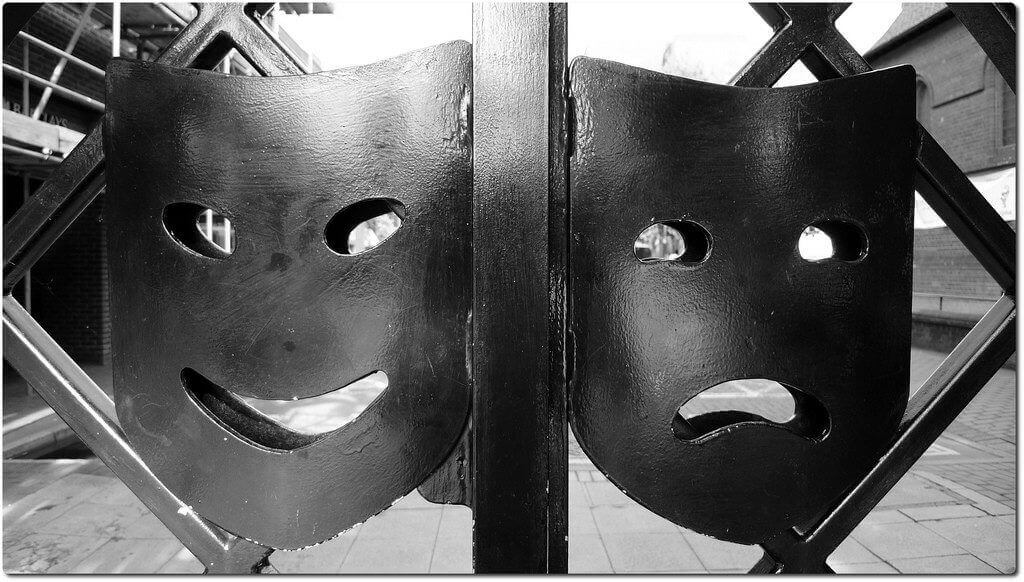
The relationship between online travel agencies (OTA) and hotels exists along a spectrum ranging from that of cooperation to one of acrimony. The tenor of interactions has historically shifted over time and has done so in each direction. The relationship between the two recently appears to be shifting away from cooperation toward antagonism and this shift perception is supported by recent hotel initiatives and potential legislation.
Hotels losing increased control of their bookings as OTAs gain booking share and rising related transaction costs are primary drivers in the change of this relationship. In terms of historical scope, OTAs remain a relatively recent entry into the global marketplace, considering they were first introduced as a tool of travel agents in the 1980s and 1990s, becoming a well-recognized stand-alone entity in the early 2000s.
However, like many online forces, what OTAs lack in historical significance they more than offset in terms of current significance. For example, trivago predicts that online bookings will surpass offline bookings by 2025, or at most 10 years. Phocuswright also reports that at least half of online U.S. hotel guests already use search tools, often through OTA websites, while booking rather than directly booking at a hotel in question.
They also report that in 2016 OTA bookings in the U.S. surpassed direct hotel bookings for the first time. Generational trends indicate that this trend should continue to shift toward OTA bookings. Also, according to Phocuswright, more than half of millennials, as compared to 1/3 of those who are older, prefer to utilize a search engine when booking a room. OTAs now serve as a de facto first search engine for many travelers, especially younger ones.
Siphoning from a Hotel’s Bottom Line
OTA bookings constitute a considerable expense to hotels, who typically pay 10% to 30% commission to booking sites for each reservation and also command room prices that are positioned lower than those offered at similar properties via other booking avenues.
It is ironic that many hotels initially expressed support for OTAs in comparison to traditional travel agents due to the expected lower cost of OTAs as compared to traditional travel agents, when in fact, OTAs now charge similar or higher costs in terms of percent of room revenue than travel agents previously did. Considering hotels often operate on a 25% to 40% profit margin, OTA expense is quantifiable.




